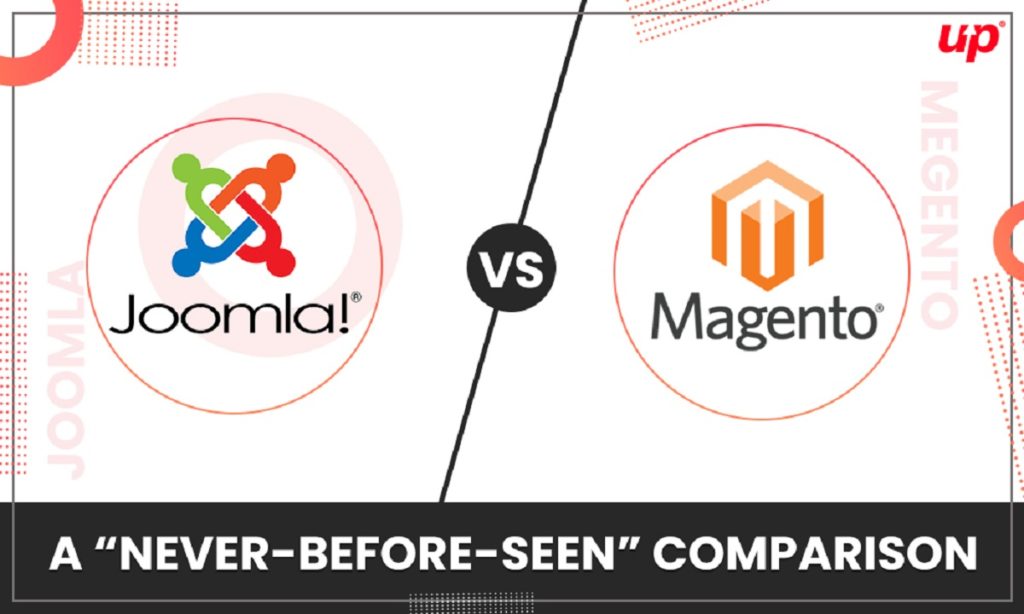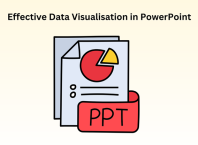Table of Contents
When you don’t want to negotiate anyhow, contrast is unavoidable and you want to choose the best between the worse and the bad. Distinguishing things is a better approach for creating and recovering. And when you’re going to buy, how much are you focused on comparison? That’s understandable because you certainly want to deserve the best.
Here, for the right e-commerce approach for you, I explained a detailed comparison between the two open-source systems (Joomla and Magento) you certainly don’t want to put yourself in trouble when it comes to matters of business.
After reviewing in detail both the pros and cons of the popular platforms i.e. I was able to bring you a clear picture Joomla and Magento. The reference map was illustrated in a simpler and more digestible manner to provide a better picture of the one from which to choose.
Nonetheless, the focus of the blog is not emphasizing which of the two is better, but it will allow you to choose one. Nevertheless, the blog theme doesn’t highlight what one of the two is better, but it will encourage you to choose the right one that suits your business needs and budget requirements to make significant decisions.

Joomla
Joomla is the Websites and Mobile App development open-source platform. It is a content management system (CMS) that connects the domain to a database like MySQLi, MySQL, or PostgreSQL to make content management and delivery simpler for website managers as well as tourists.
Joomla has focused primarily on simplicity and extensibility since its first release in 2005. That’s why the software has won numerous awards including a three-time winner for content management in the PACKT Open Source Management System Competition.
Joomla is open-source software that can now be used by anyone interested in building creative and flexible sites for a range of applications. Joomla was used by some of the internet’s most recognizable brands including Twitter, iHop and MTV. It can perform tasks, from business websites and blogs, in media and e-commerce networks.
Joomla is one of the largest single-site development systems existing, offering thousands of exclusive and exclusive models and plug-ins. It’s an immense contribution to the community that makes Joomla a great choice for developers looking for a single platform where they can get active support from their peers.
It is imperative to look at Joomla not as a specific structure for a single group of sites, but as a veIt is important to consider Joomla not as a restricted platform on which to create a single category of sites, but as a flexible set of tools that allow visitors to be connected to the data in a number of ways. The broad selection of cutting-edge technology provided by Joomla empowers website administrators.
Application of Joomla
Joomla suits a large array of different types and sizes of pages. In addition to being the world’s largest web software framework for government organizations, it is widely used for education, manufacturing, business, e-commerce, and even personal websites and blogs. It is amazingly strong.
The longevity is one of its main strengths. Whether you’re just a Web Design student or a person with a disability who needs to learn how to make a website, Joomla can be a great choice. You don’t even need to know the Internet or technologies.
Design to set up and configure a platform, even if you can exploit its open codebases to create something totally original.
Magento
Magento is a popular and detailed, open-source code-driven e-commerce website. This gives you the ability to easily create a professional and interactive e-commerce platform for one or more shops, allowing you to customize and monitor nearly any customer experience aspect.
Magento has everything you need to navigate and implement a wide range of business models and storage formats, from distribution to communications, product management, and customer interactions. All of this is made available to us at no cost. It is a drastic change from the conventional start-up costs of e-commerce, associated with running a direct sales network in the past.
Magento is smart, practical and totally versatile. The public is available for viewing two main editions of Magento. The first is Magento’s public version. This is our support version for extensions and topics. It is free to download and update under open-source OSL 3.0 that does not include any contractual obligations or subscription expenses.
The Magento Enterprise version is currently available as a second edition. This solution comes at a yearly subscription price, which offers certain additional features for larger online retailers.
Applications of Magento
Magento is an all-embracing e-commerce platform, meaning that Magento is the most important online platform. Your website user interface fits perfectly with your front end web surfing. Magento manages sales, stocks, and customers from the backend.
The design team that avoids this and opts to only use Magento to make use of a web site section e-commerce and a separate CMS to provide a more “solid” web site is one of the “bad” things that I have met. This looks like it is unintelligible.
Whether it’s simple, configurable or both, Magento can accommodate various product styles to help us. Magento is able to deliver almost any type of product through its classified pricing, consumer group price, cart regulations, various currencies, and almost unlimited attributes.
This ensures that a condition in which you cannot create the type of product you want should never if ever, be a little prepared. Nevertheless, I saw a Magento platform following the desire of the customer to deliver configurable products, where each feature had been designed as a simple product. The author has never done his homework in this particular scenario
Characteristics of Joomla vs Magento
- SEO-friendly and social media-driven are also Magento and Joomla.
- Magento and Joomla offer smartphone accessibility.
- Magento configurations are complex, relative to Joomla.
- Multi-language supports all.
Other Traits of Joomla vs Magento
- Magento is better at e-commerce while Joomla is fantastic at CMS.
- The favorite themes of Magento are autonomous, and the preferred themes of Joomla are social ones.
- Magento is a bit challenging, as Joomla does on set-up blogging, and manages it.
General Traits of Joomla vs Magento
- In 2008 Magento was created, and in 2005 Joomla was created.
- Magento is valued more than Joomla in Internet companies.
- For Magento as for Joomla, production is advancing.
- The open-source is typical for Magento and Joomla.
- Compared with Joomla, Magento is highly expensive.
Reliability Comparison of Joomla VS Magento
- It’s really better to protect Magento than Joomla.
- Usability is better than Joomla for Magento.
- Magento is highly possible as far as development and extensibility are concerned as Joomla but is expected to be fairly small in comparison to Magento Joomla.
Author Bio: I am Anshul Sharma CEO of Fluper, the company for WordPress developers that delivers innovative design and development tools across multiple platforms to realize device concepts. He usually writes posts on various topics related to emerging technology, app development, and digital marketing.



